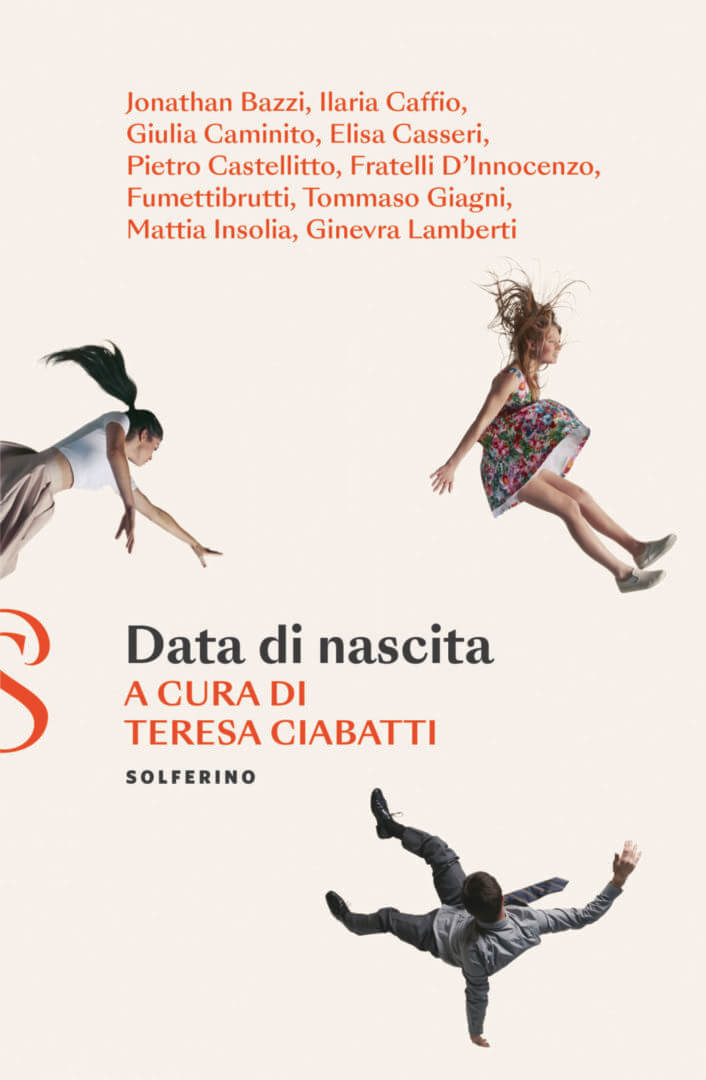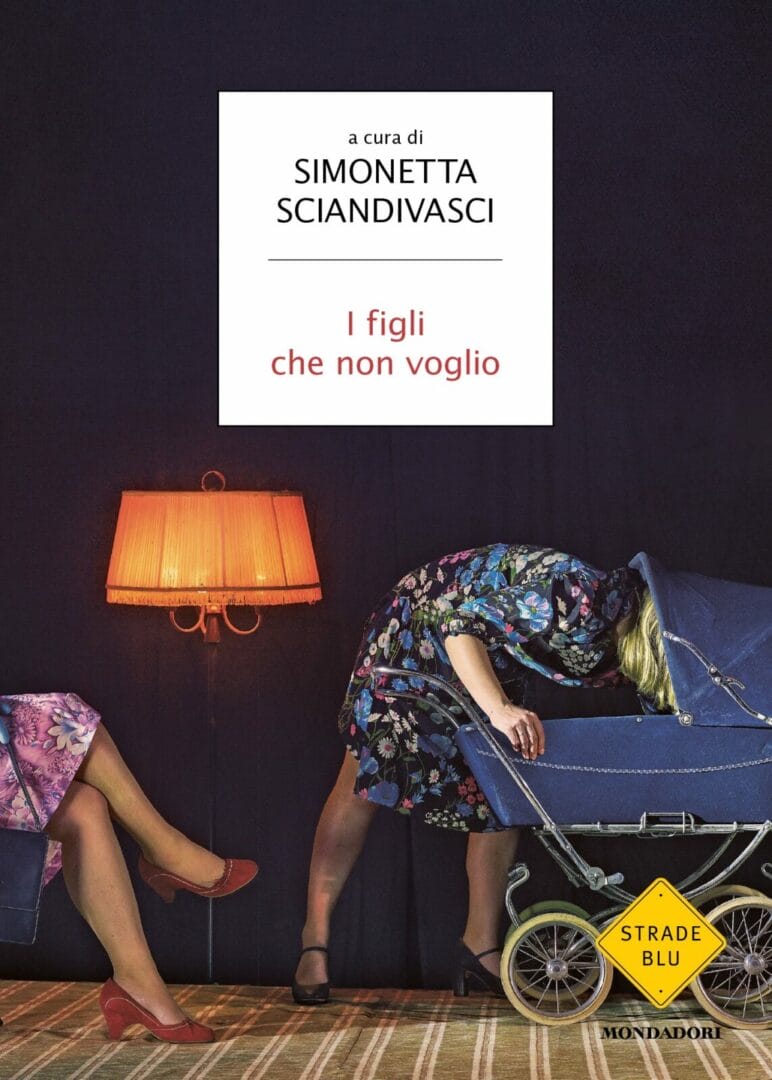Elisa Casseri
Elisa Casseri is a writer, playwright and author. She has published Teoria idraulica delle famiglie (Elliot, 2014), La botanica delle bugie (Fandango, 2019) and the investigation Grand Tour sentimentale (Solferino, 2022). In 2015, she won the 53rda edition of Premio Riccione per il Teatro with L’orizzonte degli eventi a text subsequently selected by the Italian Playwrights Project and published in an anthology in the United States and Spain. In 2018, she wrote with Filippo Renda the play Circeo. Il massacro,produced by Teatro delle donne di Calenzano. In 2021, her anthology trilogy Trittico delle stanze (consisting of La teoria dei giochi, L’orizzonte degli eventi e Il polo dell’inaccessibilitàbecame a radio drama series for Scienza e fantascienza dal Vallea production of Teatro di Roma, directed by Manuela Cherubini. Author of the blogs Melotecnica and Memoirs of an Estathè drinker, she collaborates with Nuovi Argomenti magazine.
For InQuiete - Festival of Women Writers she wrote and performed the monologues Questo corpo sconosciuto (2021) and Tutti questi altri che non sono io (2022).
In 2022, her short story La dote was published in the anthology Data di nascitadited by Teresa Ciabatti and published by Solferino. Also in 2022, an article was published in the collection I figli che non voglio (Mondadori), edited by Simonetta Sciandivasci.
In 2024, she co-authored and wrote the TV series Antonia for which she won the Nastro D'Argento Speciale - SIAE Award for Screenplay. In the same year, she signed the screenplay for Elisa Fuksas's film Marko Polo presented at the 19th Edition of the Rome Film Festival - and Ferzan Ozpetek's film Diamanti (2024).

